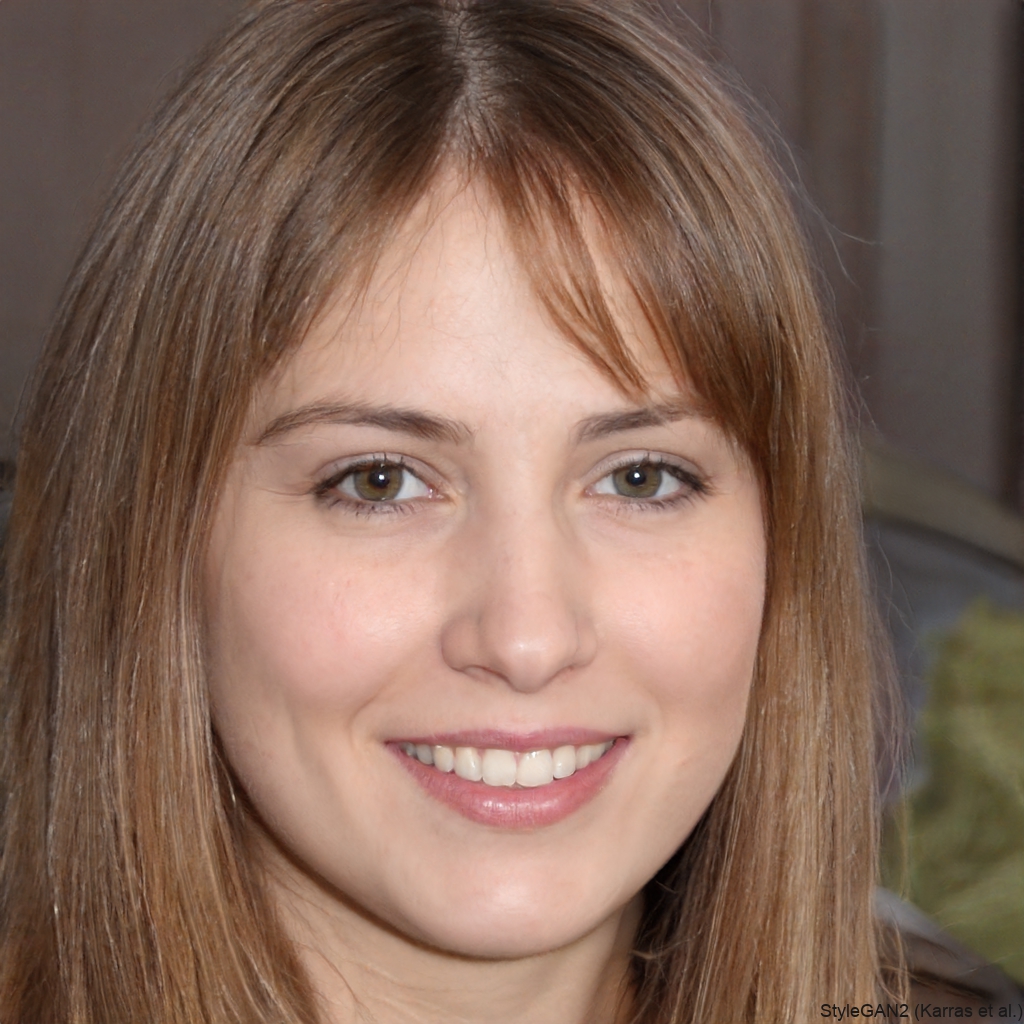Navigating Germany is easier when you know a few key phrases, especially those about finding and using bathrooms. This knowledge is crucial for travelers to feel comfortable and move easily. Whether you’re in a busy city, a small town, or traveling by highway, being able to ask where the bathroom is matters a lot. You might need this in restaurants, at tourist spots, during events, or at outdoor markets. Learning the basics about bathrooms can really make your trip smoother and more enjoyable.
Essential Phrases for Asking for the Bathroom in German

These phrases will help you locate and ask permission to use the bathroom in German-speaking countries. Remember that “Toilette” or “WC” are more commonly used terms for public restrooms than “Badezimmer,” which typically refers to bathrooms in homes.
| German | English |
| Wo ist die Toilette? | Where is the toilet? |
| Wo ist das Badezimmer? | Where is the bathroom? |
| Entschuldigung, wo finde ich die Toiletten? | Excuse me, where can I find the toilets? |
| Können Sie mir sagen, wo die Toilette ist? | Can you tell me where the toilet is? |
| Gibt es hier eine öffentliche Toilette? | Is there a public restroom here? |
| Darf ich Ihre Toilette benutzen? | May I use your bathroom? |
| Ich suche das WC. | I’m looking for the WC. |
| Wo kann ich mich frisch machen? | Where can I freshen up? |
| Entschuldigung, ich muss mal. | Excuse me, I need to use the restroom. |
| Haben Sie eine Kundentoilette? | Do you have a customer restroom? |
| Ist die Toilette besetzt? | Is the toilet occupied? |
| Wo sind die Waschräume? | Where are the washrooms? |
| Wie komme ich zur Toilette? | How do I get to the toilet? |
| Ist hier in der Nähe eine Toilette? | Is there a toilet nearby? |
| Entschuldigung, wo ist der Herren-/Damenwaschraum? | Excuse me, where is the men’s/ladies’ washroom? |
Bathroom Vocabulary in German
Toilet
Knowing words for ‘Toilet’ is key when you’re in German-speaking places. Often, you’ll come across signs that say ‘WC’ (short for Wasserklosett), which means restroom. If you need to find one quickly, it’s useful to ask, ‘Where is the nearest toilet?’ or in German, ‘Wo ist die nächste Toilette?’ Sometimes, you might need to pay to use public restrooms, so it’s good to be aware of that.
Sink
In German, the word for ‘sink’ is ‘Waschbecken.’ It’s a key part of any bathroom, used for washing hands and faces. If you need to find a sink in German-speaking places, just ask, ‘Wo ist das Waschbecken?’ It’s a simple question that’s handy in restaurants, hotels, or public spots where keeping clean matters. Plus, it makes your time in German-speaking areas smoother and more comfortable.
Soap
‘Seife’ means ‘soap’ in German. Soap is essential for keeping clean, especially in bathrooms. In Germany, like in many other places, it’s key for personal hygiene and public health.
You can find soap in forms like liquid, bar, or foam. It’s mainly used for handwashing to stop germs from spreading. If you’re in a German-speaking area, knowing how to ask for soap can be handy. Just say, ‘Kann ich bitte Seife haben?’ This means ‘Can I please have some soap?’ It’s especially useful in public or shared bathrooms where soap might be missing.
Hand dryer
Hand dryers, known as ‘Handtrockner’ in German, are a staple in public bathrooms across Germany. These tools are crucial for keeping hands clean by drying them quickly after washing. They are also good for the environment. Using air instead of paper reduces waste, which is a big plus.
Germany is serious about protecting the environment and public health. That’s why you’ll find these eco-friendly hand dryers everywhere. They’re energy-efficient too, which helps save even more.
Also Read: 25 Unique Ways To Say Hello In German
Paper Towels
Paper towels, or ‘Papiertücher’ in German, are everywhere in Germany, from homes to public bathrooms. They’re handy for drying your hands or wiping up messes. You’ll usually see them hanging from dispensers on the walls. In public spots, they might be rolled or folded. They show how seriously Germans take cleanliness. Some places use air dryers to save the environment, but many still prefer paper towels for their quick and effective germ-killing abilities. If you’re at a restaurant or hotel and need more, just ask the staff for ‘Papiertücher.’
Toilet Paper
Toilet paper is essential in every bathroom in Germany. If you need to ask for toilet paper there, you can simply say, ‘Do you have toilet paper?’ or ‘Where can I find toilet paper?’ Usually, you’ll find toilet paper in public restrooms and restaurants. However, some public toilets might have a machine where you need to pay for toilet paper. It’s a good idea to always carry some extra just in case.
Also Read: 35 Ways To Say Sorry In German
Hand Sanitizer
In German, they call hand sanitizer ‘Händedesinfektionsmittel.’ It’s a must-have for staying clean, especially in public bathrooms. If you’re traveling or eating out in places where German is spoken, knowing this word is handy.
You usually find it by sinks or at entrances, available as a liquid, gel, or foam. It’s smart to use it after you wash your hands or when there’s no soap and water around. If you need some, just ask, “Wo kann ich Händedesinfektionsmittel finden?” That means “Where can I find hand sanitizer?” This simple question helps you keep your hands clean as you explore different public spots in Germany or other German-speaking areas.
Conclusion
Knowing how to talk about bathroom basics in German can make your travels or life in German-speaking countries smoother. It helps you blend in and shows respect for the culture. Learn how to say simple things like ‘Where is the bathroom?’ or ‘May I use the bathroom?’ in German. This isn’t just practical; it’s also a sign of courtesy. With these key phrases, even something as simple as finding a bathroom becomes a part of your cultural experience. Why not start learning these phrases today? They could really change your experience for the better.
Keep Visiting Translation Blog regularly to learn more languages!

